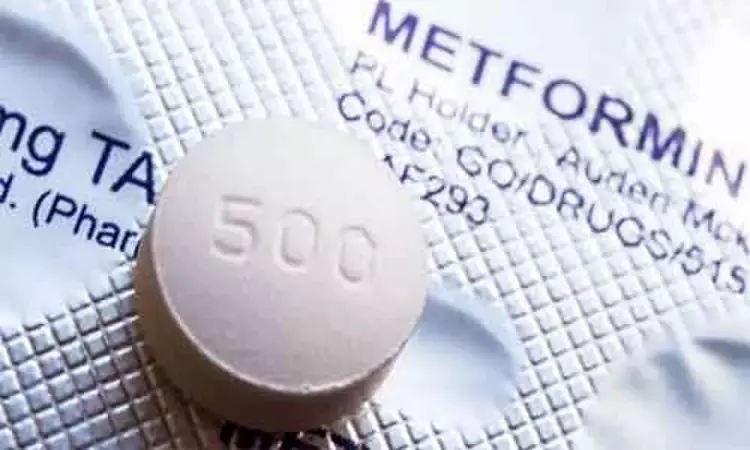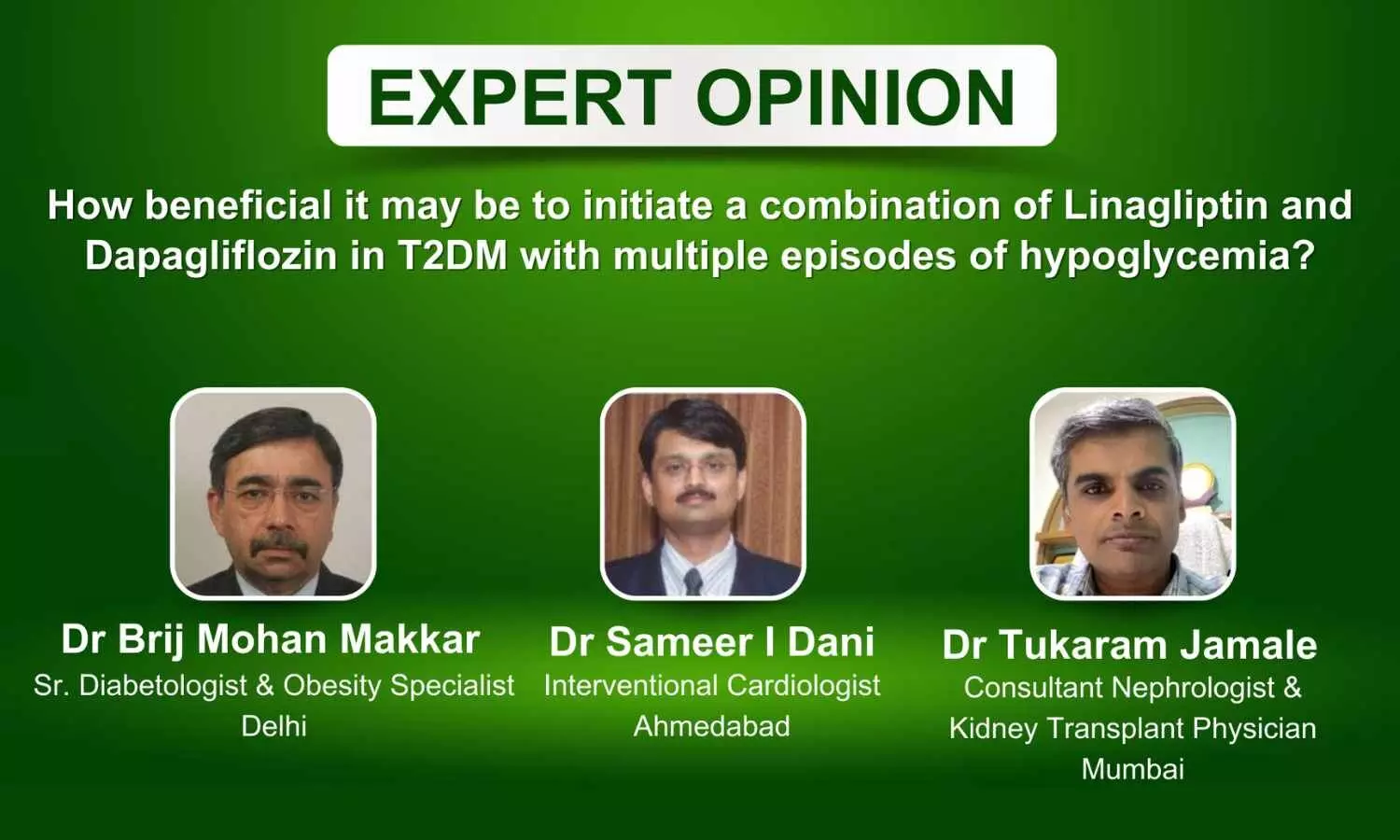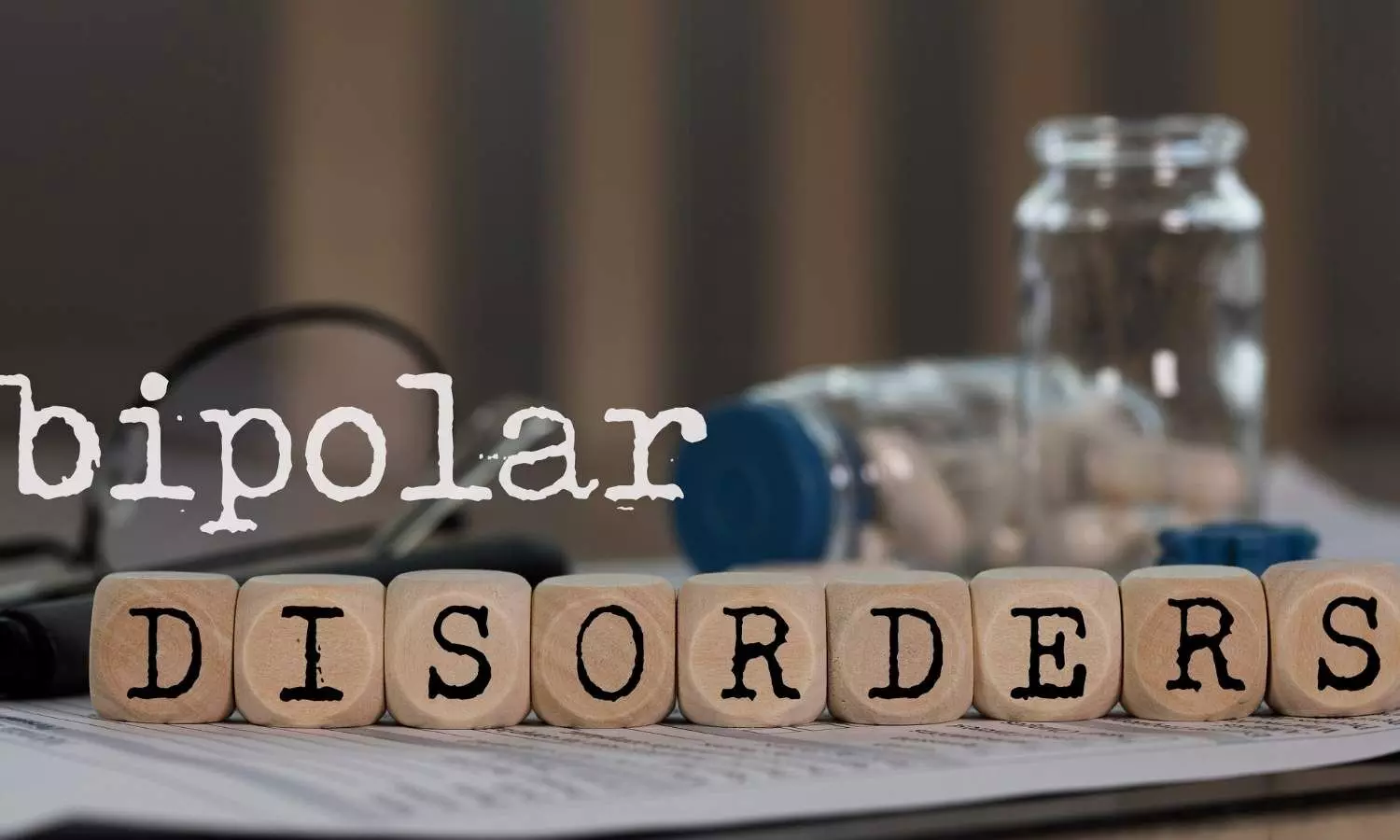- Home
- Medical news & Guidelines
- Anesthesiology
- Cardiology and CTVS
- Critical Care
- Dentistry
- Dermatology
- Diabetes and Endocrinology
- ENT
- Gastroenterology
- Medicine
- Nephrology
- Neurology
- Obstretics-Gynaecology
- Oncology
- Ophthalmology
- Orthopaedics
- Pediatrics-Neonatology
- Psychiatry
- Pulmonology
- Radiology
- Surgery
- Urology
- Laboratory Medicine
- Diet
- Nursing
- Paramedical
- Physiotherapy
- Health news
- Fact Check
- Bone Health Fact Check
- Brain Health Fact Check
- Cancer Related Fact Check
- Child Care Fact Check
- Dental and oral health fact check
- Diabetes and metabolic health fact check
- Diet and Nutrition Fact Check
- Eye and ENT Care Fact Check
- Fitness fact check
- Gut health fact check
- Heart health fact check
- Kidney health fact check
- Medical education fact check
- Men's health fact check
- Respiratory fact check
- Skin and hair care fact check
- Vaccine and Immunization fact check
- Women's health fact check
- AYUSH
- State News
- Andaman and Nicobar Islands
- Andhra Pradesh
- Arunachal Pradesh
- Assam
- Bihar
- Chandigarh
- Chattisgarh
- Dadra and Nagar Haveli
- Daman and Diu
- Delhi
- Goa
- Gujarat
- Haryana
- Himachal Pradesh
- Jammu & Kashmir
- Jharkhand
- Karnataka
- Kerala
- Ladakh
- Lakshadweep
- Madhya Pradesh
- Maharashtra
- Manipur
- Meghalaya
- Mizoram
- Nagaland
- Odisha
- Puducherry
- Punjab
- Rajasthan
- Sikkim
- Tamil Nadu
- Telangana
- Tripura
- Uttar Pradesh
- Uttrakhand
- West Bengal
- Medical Education
- Industry
Metformin Shows Consistent Benefits Across Renal Functions in Type 2 Diabetes Patients, finds observational study

In a recent observational study spanning three tertiary hospitals, researchers have uncovered compelling evidence supporting the widespread efficacy of metformin, the primary treatment for type 2 diabetes mellitus (T2DM). The study, which focused on patients with preserved renal function, aimed to bridge existing gaps in understanding the impact of metformin on various renal conditions. The study concluded that Metformin use in T2DM patients across various renal functions consistently correlates with a decreased risk of overt diabetic nephropathy (DN), major adverse cardiovascular events (MACE), and major adverse kidney events (MAKE).
The study results were published in the journal Scientific Reports.
Metformin, renowned as the cornerstone treatment for type 2 diabetes mellitus (T2DM), has long been hailed for its efficacy in enhancing clinical outcomes among individuals with maintained renal function. However, a notable knowledge gap persists regarding the extent of metformin's effectiveness across diverse renal functions. Hence, researchers conducted a retrospective, multicenter study by utilizing data from three tertiary hospitals' databases, drawing on the medical records of patients with T2DM.The metformin cohort comprised individuals who had been prescribed metformin during run-in periods and received at least one additional prescription, while the control cohort included those prescribed oral hypoglycemic agents other than metformin, with no subsequent metformin prescriptions during the observation period.For patients without diabetic nephropathy (DN), the study investigated outcomes such as events of DN, major adverse cardiovascular events (MACE), and major adverse kidney events (MAKE). Following meticulous 1:1 propensity matching, 1994 individuals were selected for both the metformin and control cohorts among T2DM patients without baseline DN.
Findings:
- The study's findings revealed intriguing insights into metformin's impact on clinical outcomes.
- While the incidence rate ratio (IRR) for DN events showed no significant difference between the cohorts (IRR 1.06, 95% CI 0.96–1.17), metformin emerged as a potent protective factor against major adverse cardiovascular events (MACE) with an IRR of 0.76 (0.64–0.92).
- Moreover, metformin showcased remarkable efficacy in reducing major adverse kidney events (MAKE) with an IRR of 0.45 (0.33–0.62).
- Delving deeper into the data, the study explored outcomes based on renal function subgroups, including CKD 3A, 3B, and 4.In CKD 3A, metformin demonstrated significant benefits with an IRR of 0.70 (0.57–0.87) for MACE and 0.39 (0.35–0.43) for MAKE.
- Similarly, in CKD 3B, the IRRs were 0.83 (0.74–0.93) for MACE and 0.44 (0.40–0.48) for MAKE.
- In CKD 4, metformin continued to exhibit positive effects, with IRRs of 0.71 (0.60–0.85) for MACE and 0.45 (0.39–0.51) for MAKE.
The study's lead researcher emphasized that the findings suggest metformin's consistent correlation with a reduced risk of overt DN, MACE, and MAKE across various renal functions in T2DM patients. However, it's crucial to note that this study is observational, and further research, including randomized controlled trials, is essential to validate these promising results. As the medical community eagerly awaits further research, these findings shed light on the potential multifaceted benefits of metformin, offering hope for improved outcomes in T2DM patients, particularly those with varying levels of renal function.
Further reading: Impact of metformin on cardiovascular and kidney outcome based on kidney function status in type 2 diabetic patients: a multicentric, retrospective cohort study. https://doi.org/10.1038/s41598-024-52078-4
BDS, MDS
Dr.Niharika Harsha B (BDS,MDS) completed her BDS from Govt Dental College, Hyderabad and MDS from Dr.NTR University of health sciences(Now Kaloji Rao University). She has 4 years of private dental practice and worked for 2 years as Consultant Oral Radiologist at a Dental Imaging Centre in Hyderabad. She worked as Research Assistant and scientific writer in the development of Oral Anti cancer screening device with her seniors. She has a deep intriguing wish in writing highly engaging, captivating and informative medical content for a wider audience. She can be contacted at editorial@medicaldialogues.in.
Dr Kamal Kant Kohli-MBBS, DTCD- a chest specialist with more than 30 years of practice and a flair for writing clinical articles, Dr Kamal Kant Kohli joined Medical Dialogues as a Chief Editor of Medical News. Besides writing articles, as an editor, he proofreads and verifies all the medical content published on Medical Dialogues including those coming from journals, studies,medical conferences,guidelines etc. Email: drkohli@medicaldialogues.in. Contact no. 011-43720751




